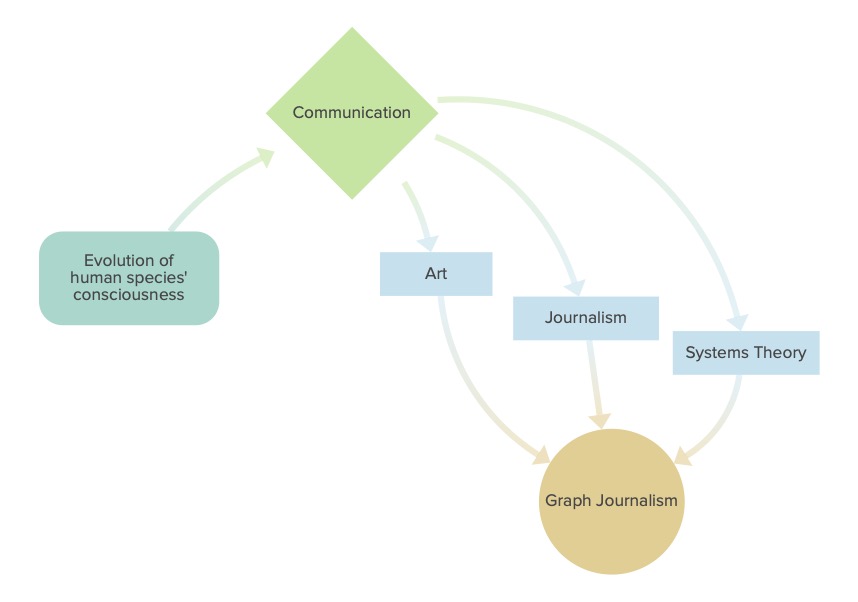The generally-expected role of Journalism is as a watcher or checker. A watcher, recorder and reporter of incidents that happen.
It usually doesn’t concern itself with finding out “why” something happened. It mostly answers “what” happened. Sometimes it goes beyond the “what” and finds out “how” something happened. But rarely does it touch upon the “why”s – why did something happen? what’s the rationale behind that “doing”?
Why? Because journalism is often ascribed something akin to the “checker” in the “Maker-checker principle” found mainly in financial operations.
Governments or entities exercising power over others are considered the “makers” and journalism becomes the “checker”.
Makers decide on the “why” of something (why draft this law, why launch a project, why stop a system etc.) and journalism keeps an eye on the makers’ actions, reporting on them, telling us – the non-makers – about what makers are doing. The watching and reporting is also done predominantly from a critical standpoint towards the makers (why? so as to serve the interests and rights of the non-makers). When some things made by the makers have unfavourable impacts/outcomes, journalism might even launch searches into the “how” of those things (why? to find the cause(s) of the issue and to make makers accountable. Again, to serve the interests and rights of the non-makers, the ones being “ruled” or “affected” by the actions of the makers).
Journalism always wants to stay close to the people. To the lived realities of people. Not manifestos and press releases. (How effectively is this value being upheld in the contemporary times needs to be another question for exploration.)
I don’t see journalism becoming a fully “maker” function. But, what if journalism moved towards a seat on the “maker board”.
Journalism already influences the makers – by being the critical watcher of the doings of the makers. But it’s usually a battle – the checker against the maker, the checker questioning the makers and the makers seeing the checker as a hurdle – not as co-participant in the ‘creation of the better’ processes.
Can journalism develop a strand which is more actively welcomed by the makers? By taking up some new approaches that makes the makers “want” to invite journalism to the “maker board”. Even better if it can be made so that the makers “need” the journalism to be present at the “maker board”.
Why? Why would the maker board actively need journalism in the maker board?
Because it (journalism) will know many things AND the relationships between them AND it will open up this information and knowledge of relationships between the information to the people.
It will no longer be on the “other side”, “watching” “what” the “makers” are “doing”. It will be on the table where the future “doings” get decided.
How can this new strand of journalism emerge?

By embarking on the journey to explore and map the relationships between data/facts/information. By gaining the knowledge of relationships. By growing a knowledge function alongside the information function that its already familiar with.
This could be something like “graph journalism” – journalism that studies relationships and maintains a compounding graph/map of information about human life. And by enabling and promoting easy access to this knowledge for the people and also for the makers.
For this to work, graph journalism / or whatever the name be of the knowledge strand of journalism should have better value than the consultation reports and planning documents used by the makers – which are often treated as private, confidential artifacts.
And if this knowledge graph can have a de-centralized, distributed, federated nervous system – that would be the best. Journalism, with its rich history of existence in diverse socio-cultural-political environments, simultaneously focusing on the granular-local while also looking out for the foreign/global connections, along with a near-universal acceptance of ‘for the people’ as a founding principle, is best poised to influence and design the “makers’ decisions” and by extension the “doings” and outcomes of those decisions.
This could be an evolutionary leap for journalism.
